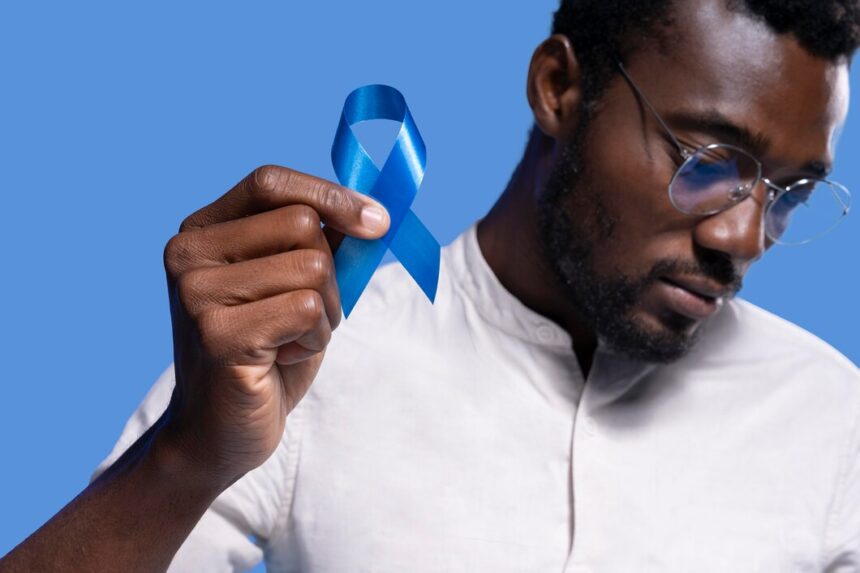Testicular cancer, although relatively rare, is one of the most common cancers in young men between the ages of 15 and 35. It is crucial to recognize the early signs and symptoms of testicular cancer for early detection and treatment. Fortunately, this type of cancer is highly treatable, especially when caught early.
1. A Lump or Enlargement in Either Testicle
The most common and noticeable symptom of testicular cancer is a lump or swelling in one of the testicles. This lump may vary in size, and while it’s usually painless, some men might experience discomfort. Regular self-examinations are recommended to detect any abnormal changes early on.
2. A Feeling of Heaviness in the Scrotum
Another early sign is a sensation of heaviness in the scrotum, as though the testicle is dragging or pulling down. This symptom often accompanies swelling or enlargement.
3. Pain or Discomfort in the Testicle or Scrotum
While not always painful, some men experience sharp or dull aches in the testicles or scrotum. If this pain is persistent or unusual, it should be checked by a healthcare provider.
4. A Change in the Size, Shape, or Consistency of a Testicle
Some men may notice one testicle becoming larger than the other or a change in the firmness of the testicle. Any significant changes in the appearance or feel of the testicles should not be ignored.
5. Lower Back Pain
In cases where the cancer has spread beyond the testicles, men may experience pain in the lower back. This symptom can indicate that the cancer has reached the lymph nodes in the lower back or abdomen.
6. Swelling in the Legs or Groin Area
If testicular cancer has metastasized (spread) to other parts of the body, it can lead to swelling in the legs, groin, or even the abdomen due to blockage in the lymphatic system.
7. Breast Growth or Tenderness
Though rare, some men with testicular cancer experience breast tenderness or growth due to hormonal changes in the body. The cancer may produce hormones that stimulate breast tissue growth.
8. Fatigue or General Malaise
Feeling unusually tired or experiencing a general sense of malaise can be a sign of advanced testicular cancer. This is often coupled with other symptoms, such as unexplained weight loss or shortness of breath.
Why Early Detection Matters
Early detection of testicular cancer is critical. The sooner the condition is diagnosed, the better the chances of successful treatment. In most cases, treatment involves surgery to remove the affected testicle, followed by radiation or chemotherapy if the cancer has spread.
Self-Examination for Testicular Cancer
Men should perform regular self-examinations to check for any lumps, swelling, or changes in their testicles. The best time for a self-exam is after a warm bath or shower when the scrotal skin is relaxed. Gently roll each testicle between your thumb and fingers, feeling for any irregularities. If you notice anything unusual, seek medical attention promptly.
When to See a Doctor
If you experience any of the above symptoms, especially a lump in the testicle, do not delay seeing a doctor. While these signs don’t always indicate cancer, it’s important to rule out any serious conditions.
Testicular cancer, while serious, is often curable when caught early. Being vigilant about changes in your body and regularly performing self-examinations can make all the difference. If you suspect any abnormalities, consulting a healthcare professional is the first step toward prompt diagnosis and treatment.










